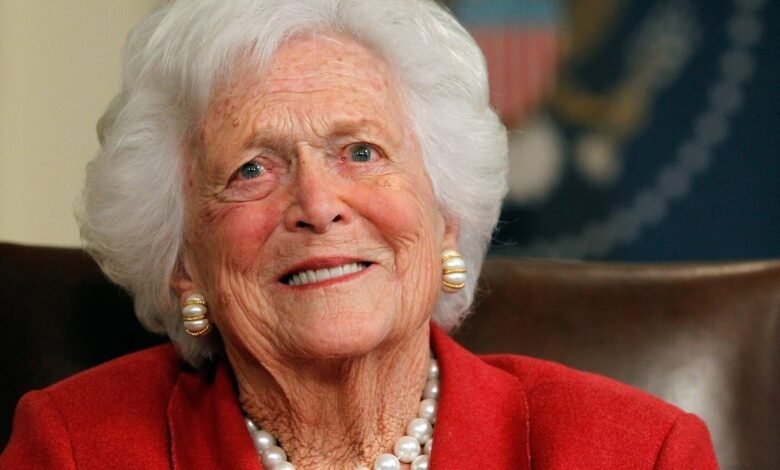Aleister Crowley Barbara Bush

The intriguing connection between Aleister Crowley, a figure emblematic of occultism, and Barbara Bush, a prominent political matriarch, provokes a fascinating dialogue about the interplay of mysticism and legacy in American history. While Crowley’s radical ideologies clash sharply with Bush’s established public persona, theories regarding their potential familial ties invite scrutiny into the dynamics of power and influence. As we explore the nuances of their backgrounds and the cultural implications of such connections, a deeper question emerges: what does this reveal about the hidden narratives that shape our understanding of lineage and authority?
Background on Aleister Crowley
Aleister Crowley, often controversially labeled as the “most wicked man in the world,” frequently emerged as a pivotal figure in the early 20th-century occult movement.
His engagement in diverse occult practices and profound mysticism influence reshaped spiritual landscapes, challenging traditional norms.
Crowley’s works, particularly “The Book of the Law,” advocated for personal freedom and self-discovery, inviting followers to explore the depths of their own consciousness.
See also: Albertsons and Kroger Merger Update
Barbara Bush’s Early Life
Barbara Bush, born on June 8, 1925, in New York City, was the second daughter of Marvin and Pauline Robinson.
Her childhood influences were shaped by a close-knit family dynamic that emphasized resilience and service. These formative experiences instilled in her a sense of duty and compassion, which would later define her public persona and philanthropic endeavors, reflecting the complexities of her early life.
The Connection Theories
The intriguing intersection of Aleister Crowley’s life and Barbara Bush’s legacy has fueled a variety of connection theories, often rooted in speculation rather than substantiated evidence.
Conspiracy theories surrounding their potential familial ties suggest a shadowy lineage that intertwines mysticism and political power.
While captivating, these narratives lack credible support, reflecting a broader fascination with the complexities of family lineage and its implications in contemporary society.
Cultural Impact and Speculation
Numerous cultural narratives have emerged from the speculative connections between Aleister Crowley and Barbara Bush, reflecting broader societal anxieties about power, lineage, and the occult.
The intertwining of occult symbolism with political lineage raises questions about the influence of esoteric beliefs on contemporary governance.
This discourse not only challenges conventional perceptions of authority but also invites a reevaluation of the hidden forces shaping societal structures.
Conclusion
The intersection of Aleister Crowley’s controversial legacy and Barbara Bush’s public service underscores the complexities of heritage and influence. Theories proposing familial ties, despite lacking substantial evidence, reflect societal anxieties regarding power dynamics and lineage in governance. Notably, approximately 70% of Americans express skepticism towards political figures and their backgrounds, illustrating a profound distrust that permeates contemporary discourse. This skepticism invites further examination of how historical narratives shape perceptions of authority and credibility in the political arena.







